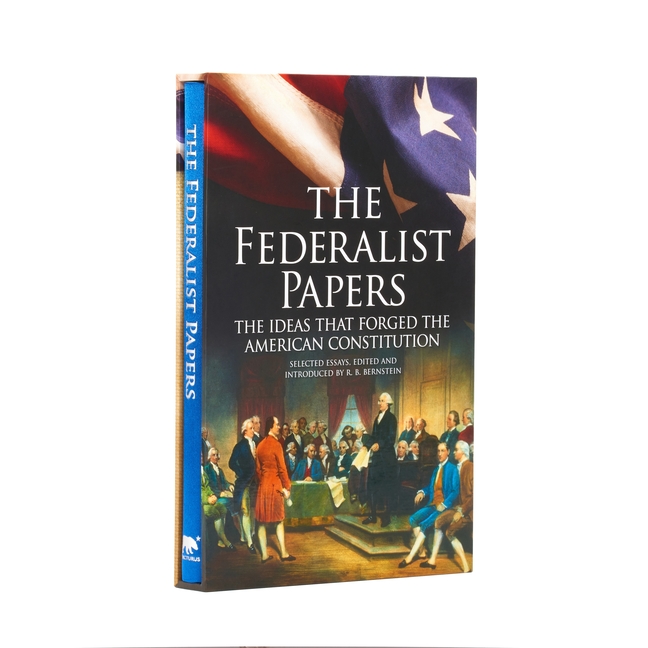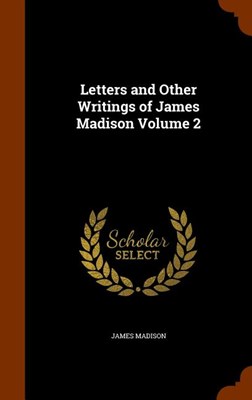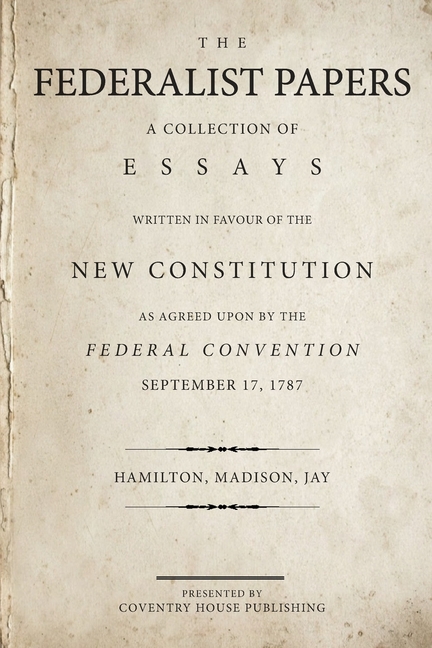
The Papers of James Madison: 1 March 1823-24 February 1826 Volume 3
| Quantity | Price | Discount |
|---|---|---|
| List Price | $95.00 | |
| 1 - 24 | $76.00 | 20% |
| 25 + | $66.50 | 30% |
$95.00
Book Information
| Publisher: | University of Virginia Press |
|---|---|
| Publish Date: | 03/18/2016 |
| Pages: | 800 |
| ISBN-13: | 9780813938561 |
| ISBN-10: | 0813938562 |
| Language: | English |
Full Description
During the period around volume 3 of the Retirement Series, James Madison remained largely at Montpelier, except for occasional visits to neighbors and attendance at ceremonial dinners and semiannual meetings of the Board of Visitors of the University of Virginia. Madison's correspondence in this period was wide-ranging and included replies to requests for advice from President James Monroe. His exchange of letters with Thomas Jefferson dealt primarily with the construction and financing of the university and the search for professors. In addition to responding to the host of individuals who sent him books and pamphlets and requested letters of introduction and recommendation to political office, Madison also engaged with such eminent men as Richard Rush, James Barbour, Henry Clay, Mathew Carey, Edward Livingston, and George Hay. In these letters he offers his opinion on constitutional issues, reiterates his support for strict separation between church and state, and expresses his views on the tariff, political parties, the common law, and public education. Finally, his private letters deal with daily life at Montpelier and the management of the plantation. Access to people, places, and events is facilitated by detailed annotation and a comprehensive index.




